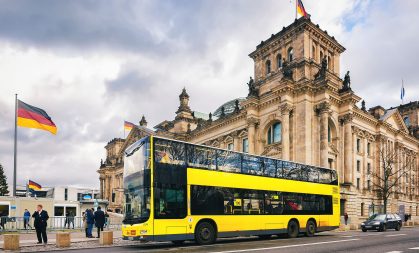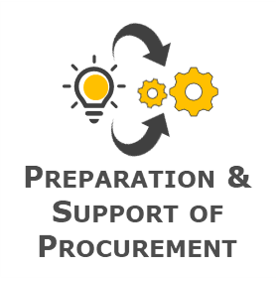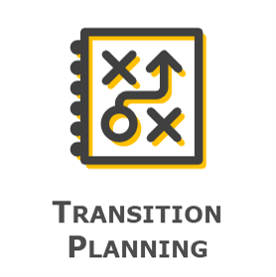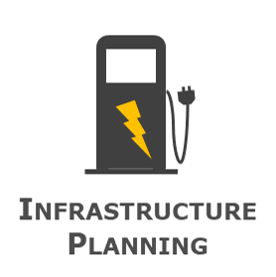
Online Events
Newsletter from 19th April, 2024Efficient e-bus strategies for rural areas
ebusplan informs online about various electric bus topics
Career Day Aachen
Newsletter from 15th April, 2024We are in!
On 07th May you will find us at the job fair
Events
Newsletter from 11th April, 2024Bus2Bus 2024 in Berlin
On 24th and 25th April you will find us at Bus2Bus 2024 Conference
Events
Newsletter from 23th February, 2024Berlin Calling
On 05th and 07th March you will find us at 15th VDV Electric Bus ConferenceThe electrification of your bus fleet raises many questions
- Which operating concept makes sense for your bus fleet and the individual situation on your location (depot charging, opportunity charging, fuel cell buses, trolley buses)?
- What are the annual additional costs of transitioning to alternative drives compared to operating the current fleet?
- How high is the savings potential in terms of pollutant emissions (CO2, NOX/NO2 and particulate matter)?
- What requirements do depots and workshops have to meet?
- How should the necessary infrastructure be designed (charging infrastructure, grid connections, hydrogen filling stations)?
- In which steps does it make sense to change over your fleet to alternative drives (time planning, transition concept)?
We will find answers to these and other questions for you based on innovative planning tools and extensive experience in the electric bus sector.





